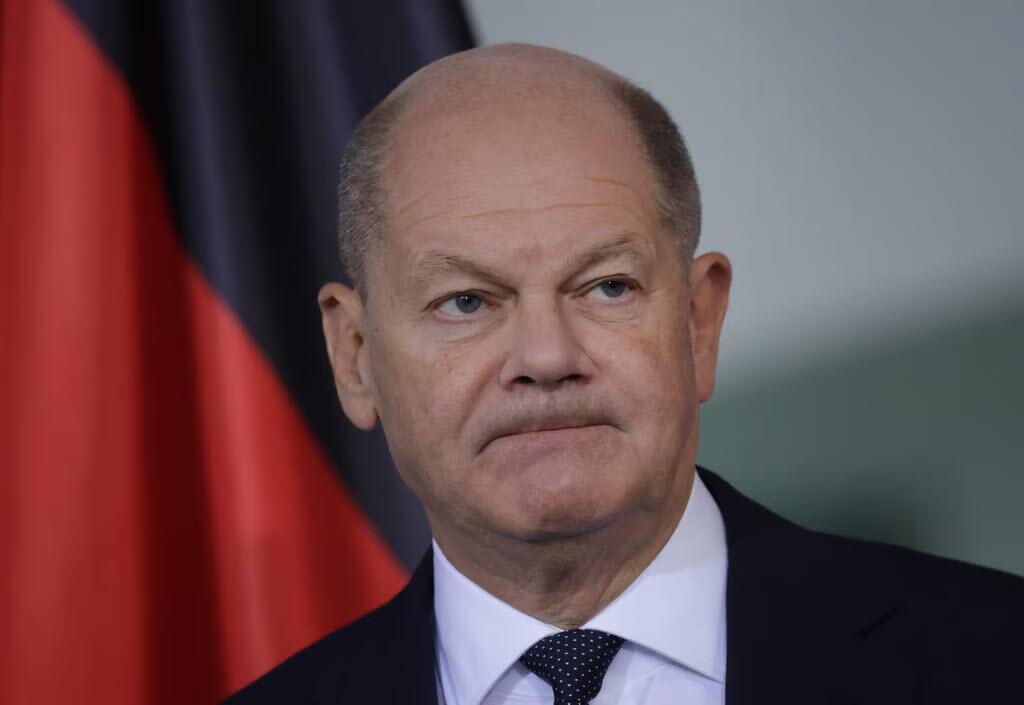In recent days, the political landscape in both the United States and Germany has faced significant upheaval, reflecting mounting tensions within ruling establishments. In the U.S., Kamala Harris’s loss at the polls led to Donald Trump’s election victory, marking the third time he assumed presidency—an outcome that has sent shockwaves through various political circles. The resulting Republican sweep of Congress has further solidified Trump’s influence in American politics, causing concern among European leaders who rely heavily on American defense and are apprehensive about potential tariffs impacting German industry. Just hours after this election outcome, Germany’s ruling coalition, comprising three parties, imploded due to persistent conflicts. Chancellor Olaf Scholz announced the termination of Finance Minister Christian Lindner, a pivotal figure in the Free Democratic Party (FDP), a decision that has set in motion the likelihood of a snap election by March.
Scholz’s decision to dismiss Lindner stems from deep-rooted ideological rifts within the coalition, particularly surrounding fiscal policies and spending strategies. Amid calls for strict adherence to fiscal conservatism from the FDP, Scholz’s left-leaning partners advocated for increased social spending and economic stimulus to bolster the struggling German economy. Scholz’s assertion that Lindner frequently obstructed legislative progress through partisan tactics highlighted the tensions escalating within the coalition. As these disagreements escalated, the potential for a vote of no confidence loomed, with Scholz likely facing defeat, and plans for a snap election became increasingly imminent.
Compounding this political instability is the backdrop of Germany’s struggling economy, which faces mounting pressure following Trump’s election. Analysts predict that a revival of trade wars could severely impact Germany’s economic landscape, potentially costing €180 billion over Trump’s presidency. Despite the serious implications of Trump’s victory, the coalition government could not align their priorities effectively to prevent a breakdown. The FDP’s declining popularity has been evident, polling dangerously low and prompting speculation among its leaders about the need to break the coalition to safeguard their political futures.
This political crisis unfolding in Germany has also coincided with significant labor unrest, as the IG Metall trade union has initiated strikes across the metal and electrical industries. The strikes, aimed at securing higher wages during a period of soaring inflation, have seen widespread participation, including walkouts in major corporations like Volkswagen and battery manufacturer Clarios. The union demands a 7% pay increase, double what employers have offer, reflecting workers’ dissatisfaction with rising living costs and fears surrounding job security. As production lines come to a standstill, union representatives have underscored the urgency of their demands in light of the economic challenges presented by both domestic policies and international trade scenarios.
Volkswagen, one of Germany’s largest employers, announced plans to close several of its facilities and restructure its operations to endure the economic headwinds. CEO Oliver Blume cited a deteriorating economic environment as a primary factor behind these decisions, underscoring concerns about the competitiveness of the German automotive industry. A report from the German Association of the Automotive Industry indicated that the ongoing restructuring could result in substantial job losses, further exacerbating the country’s economic fragility.
Germany’s tumultuous political and economic climate illustrates a broader instability that may resonate throughout the European Union. With the potential for a new trade war looming due to Trump’s policies, and the resistance within the government to adapt to evolving economic demands, Germany faces a complex situation. The interplay of political dysfunction, labor disputes, and international pressures raises significant questions about the future of both Germany’s economy and its political landscape. As the nation braces for possible structural reforms and elections, the impacts of these decisions will likely reverberate across Europe, necessitating vigilant observation of how leaders navigate these turbulent waters.

